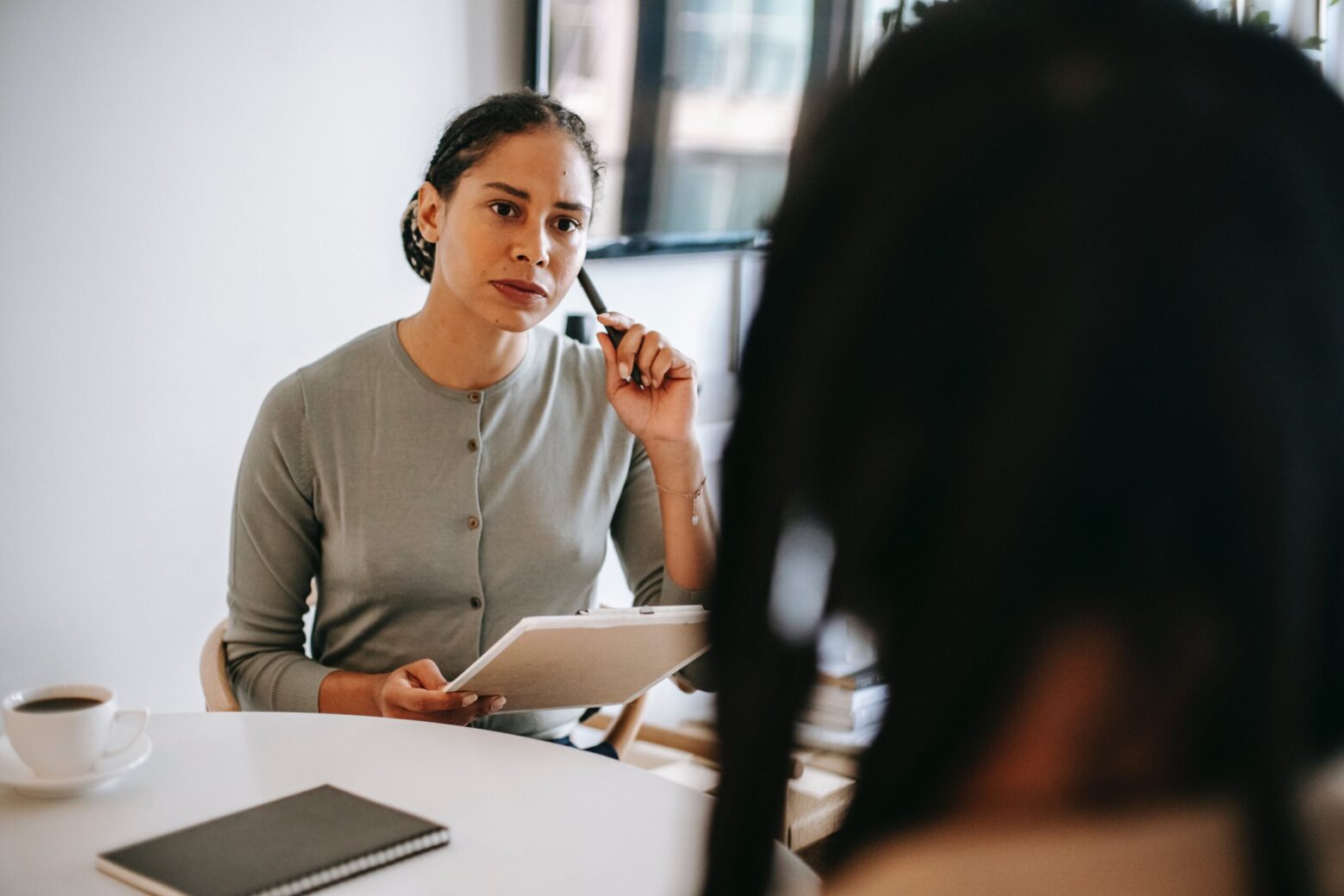The mental health problem in America is in dire needing of fixing. Requests for therapists skyrocketed during the COVID-19 pandemic, with many therapists having to turn away clients. And even as restrictions are lifting across the country, there are a number of therapists who are still fully booked.
With homelessness, drug addiction, and loneliness rising, mental health problems are never too far away. The National Institute of Mental Health reports that almost one in five Americans lives with some form of mental illness ranging from mild to severe. And for many Black Americans, the problem is an open secret.
Mental Health In The Black Community
The Black community does not discuss Mental health and therapy often. Many Black men and women consider people who go to therapy weak or “crazy.” Unfortunately, this stigma is not only wildly untrue but also dangerous.
Racism and other systems of oppression play a heavy role in Black people’s mental health. As the saying goes, “Hurt people, hurt people.” And after centuries of generational trauma, the effects of America’s racist past are still felt in the Black community today.
Conversations Are Changing
Fortunately, more people are finding it easier to have conversations about mental health and wellness. Celebrities like Jhene Aiko and Leticia Wright open up about their struggles with mental illness to empower others to get the help they need.
There are charities and organizations that focus on providing mental care to Black people. Therapy for Black Girls is a popular resource for Black women to find Black therapists and other helpful tools that can help them understand and celebrate their mental health.
Choosing A Therapist
When it comes to choosing a therapist as a Black woman, there’s a lot to consider. From age to cultural sensitivities, finding a licensed professional you can relate to can be challenging. The good news is that there are plenty of therapists of varying specialties to choose from. It’s all about figuring out which one is right for you. Here are seven factors to consider when choosing a therapist:
Race
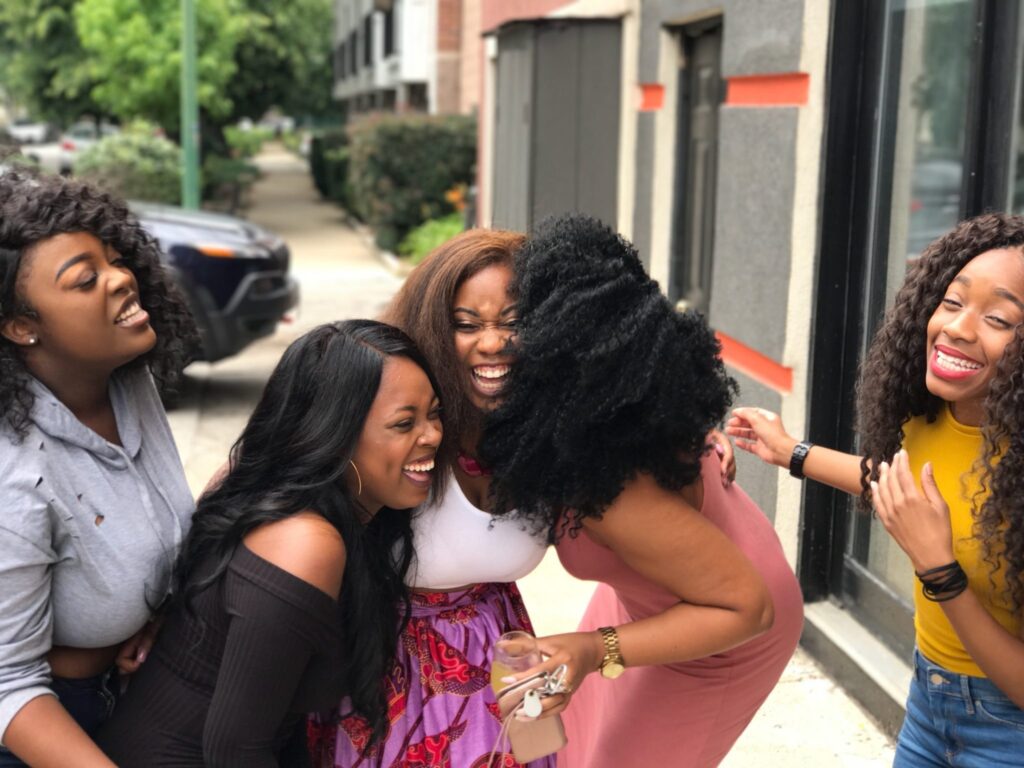
Sometimes it’s easier to talk to someone that just gets it. The last thing anyone wants to do is explain the nuances of race to someone who’s supposed to be an expert. Unfortunately, this can happen any time you work with someone from a different background. Because of this, you may find that choosing a Black therapist is the best choice for you.
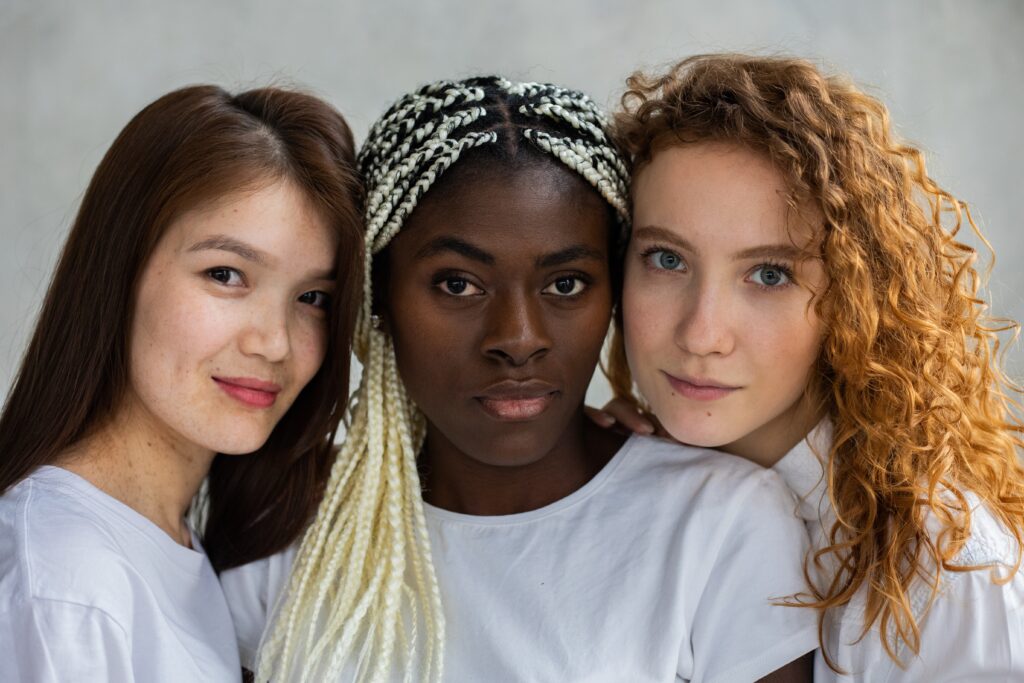
Or perhaps working with a professional of a different race is a better option. You might want a fresh perspective from a therapist who doesn’t see the world in Black and white. Or maybe you just vibe with them better. Whatever you decide, make sure that your therapist can understand and validate your experiences to help you on your journey towards better mental health.
Age
Aaliyah once sang, “age ain’t nothing but a number.” This saying may be true for dating, but when it comes to therapy, age is an important factor to consider.
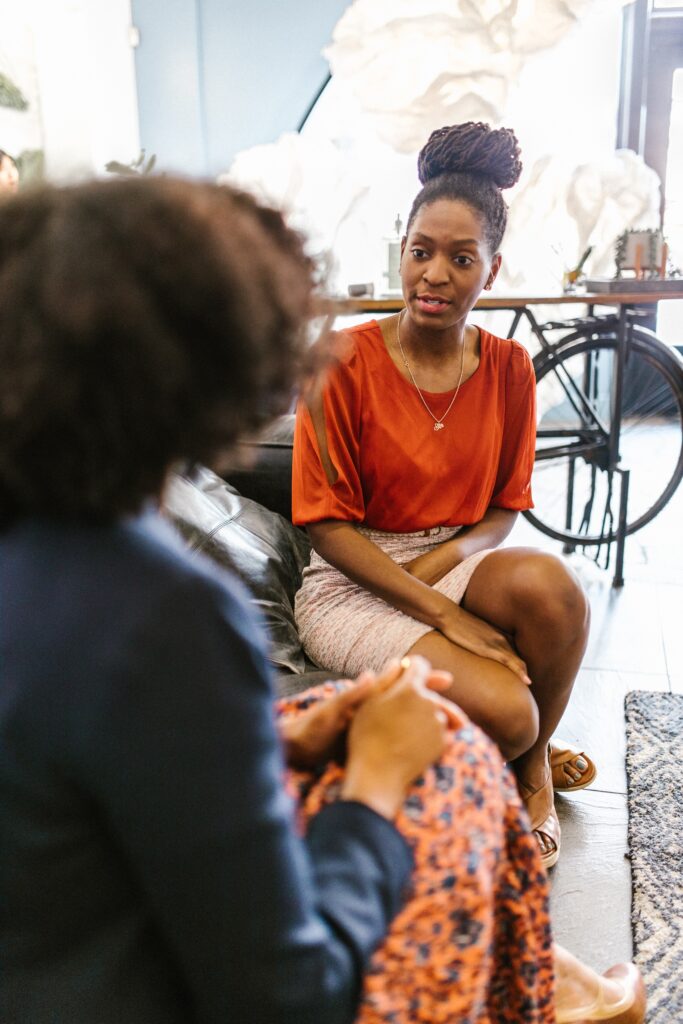
As a young woman, an older therapist might come across as motherly or unrelatable. But on the flip side, you could enjoy having a maternal figure to offer you advice and insightful lessons from personal experience.
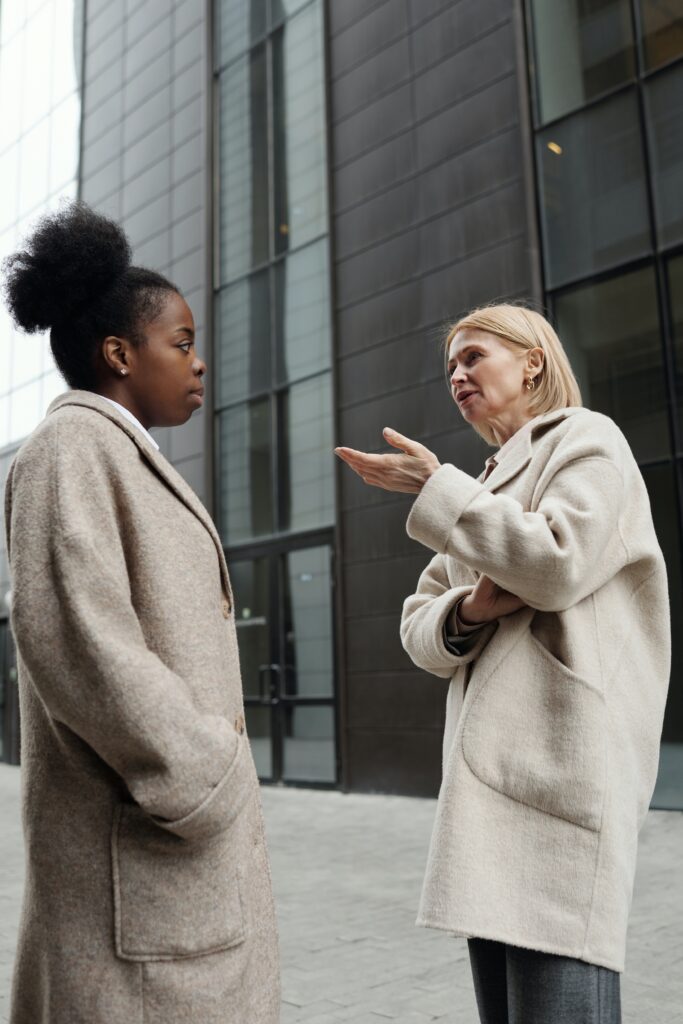
Older women may not relate to younger therapists and their approaches to healing. Or they may appreciate a youthful perspective that can help give them a fresh, new look at their journey.
Part of choosing a therapist involves finding one that fulfills all of your unique needs. The best therapist can help you reach and maintain a positive mental health journey, regardless of age.
Gender

Black men are less likely to seek therapy for their mental health problems than Black women. Still, there are a number of Black male therapists available to provide services. Selecting a female therapist may seem like a no-brainer, but you may find that considering a male professional can actually be a great help.
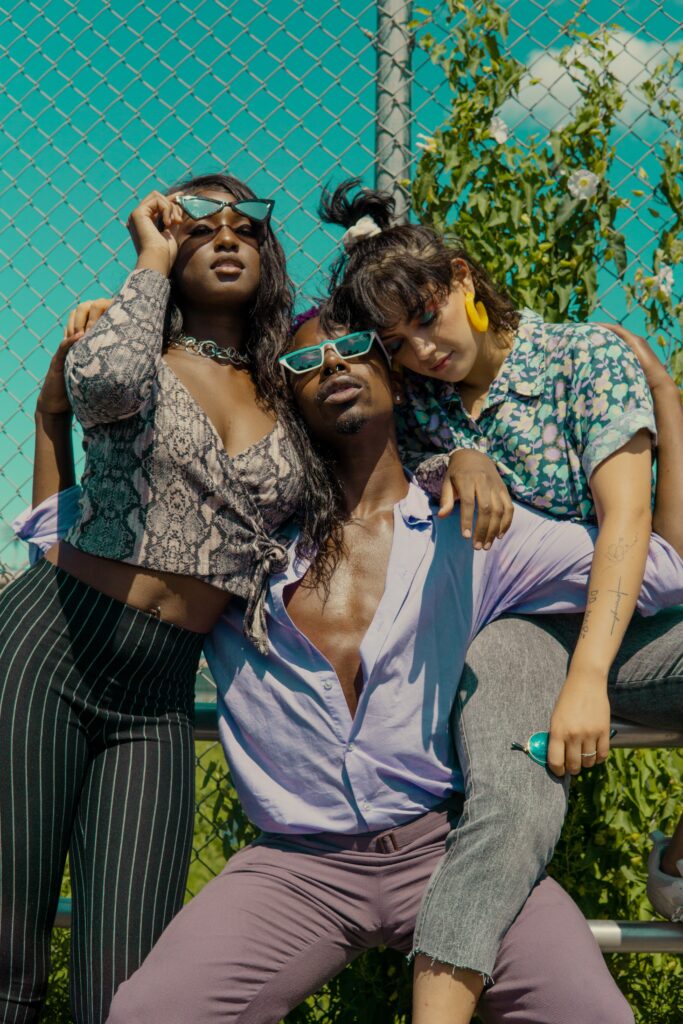
Members of the LBGT+ community may feel more comfortable with a male counselor or someone who can relate to their gender identity. And if you’re struggling with dating or marriage, you might choose a male therapist who can offer insight into how men think and operate. Or you might just find that you connect better with a male therapist. Either way, it’s okay to choose someone different from you. The important thing is that your therapist makes you feel safe, heard and respected.
Region

When it comes to choosing a therapist, the closer they are to you, the better. Unless your therapy sessions are conducted virtually, traveling a long distance for a session just feels like work. But aside from the commute, regional differences can affect how you relate to your therapist.
We all do things a little differently depending on what part of the country we hail from. The Black community is far from a monolith, from slang to cultural recipes. And depending on the reason for your therapy sessions, regional differences can play a factor in your therapy journey.
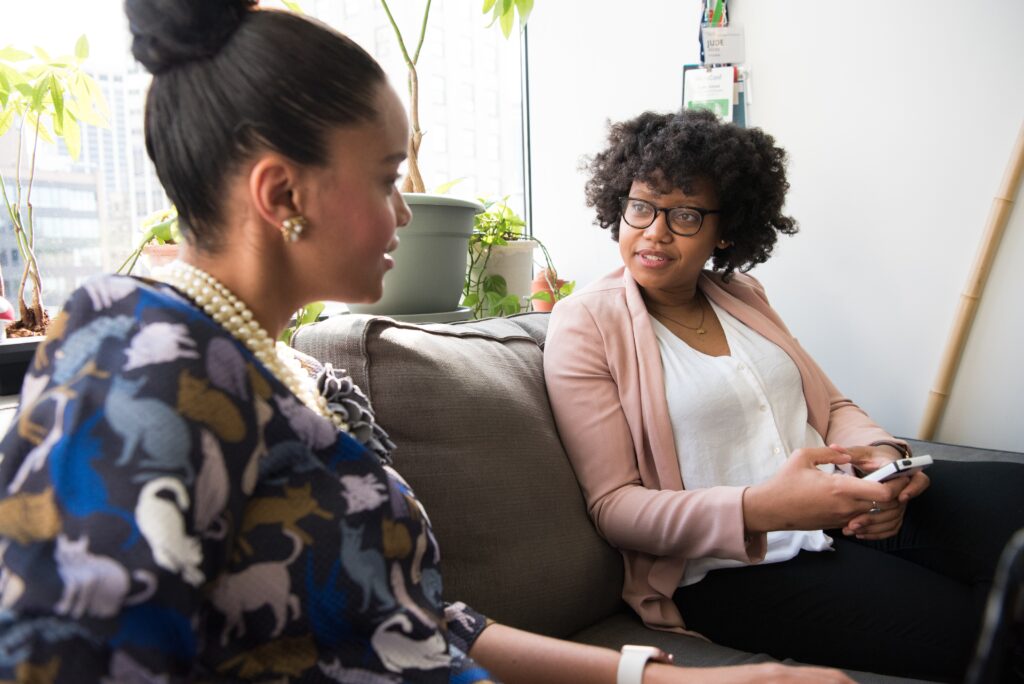
Someone struggling with body dysmorphia, for instance, might better relate to a therapist in California who understands the pressures of Hollywood’s rigid beauty standards. In contrast, there may be a disconnect when working with a therapist from the deep south, where thicker body types are considered more desirable.
Racial Makeup
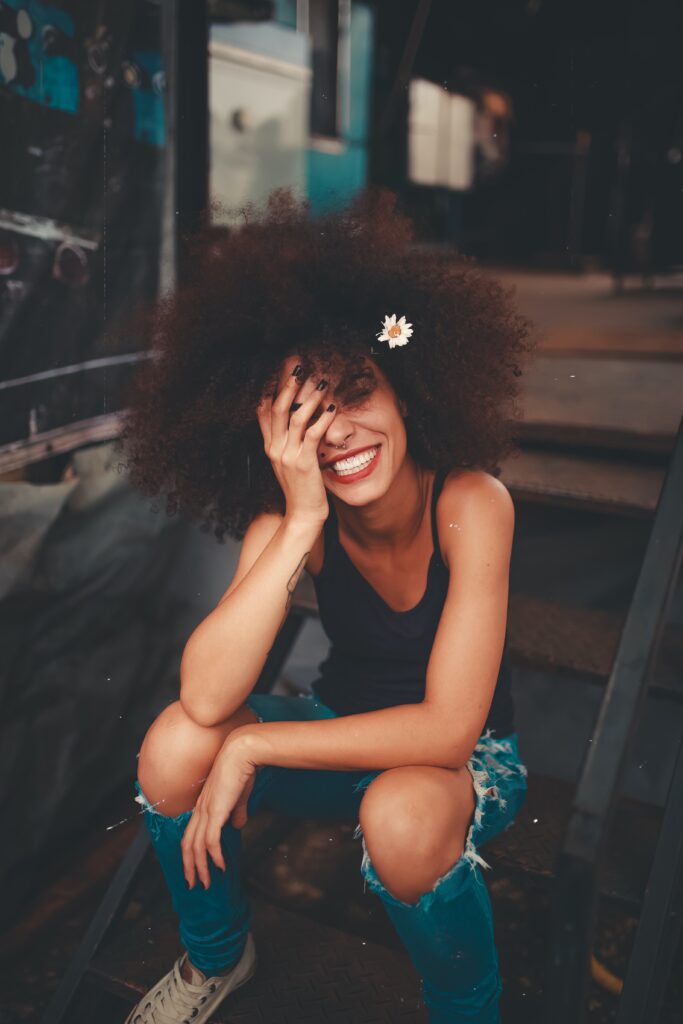
The Black community is very diverse, featuring a range of skin tones, facial features, hair types and more. Racial makeup is another characteristic that distinguishes community members from one another. And it’s also something to consider when seeking a therapist.
It’s okay to recognize that biracial and multi-racial people in the Black community may have different experiences than monoracial Black people. Celebrating our differences is what helps bring us together. And depending on the reason for your sessions, you might decide that a therapist of similar background is a better option.
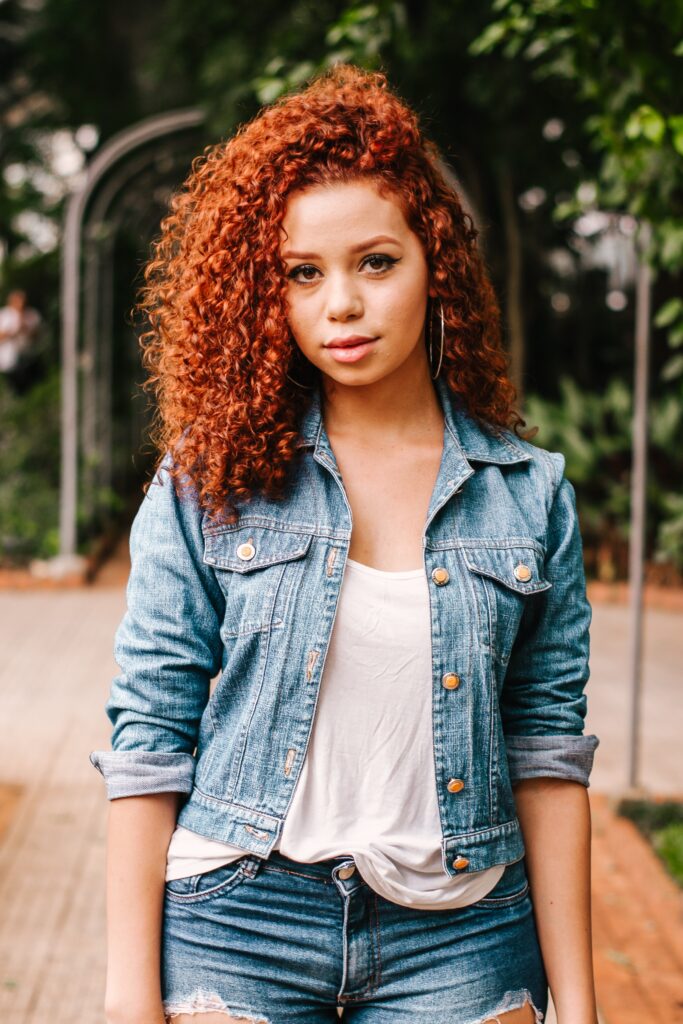
It can be especially beneficial for mixed people who may have struggled with their identity growing up. A therapist who you can relate to may be able to provide insights from their own personal journey and offer advice that worked for them along the way. The important thing is that your therapist can validate your experiences to help you celebrate what makes you who you are.
Religion
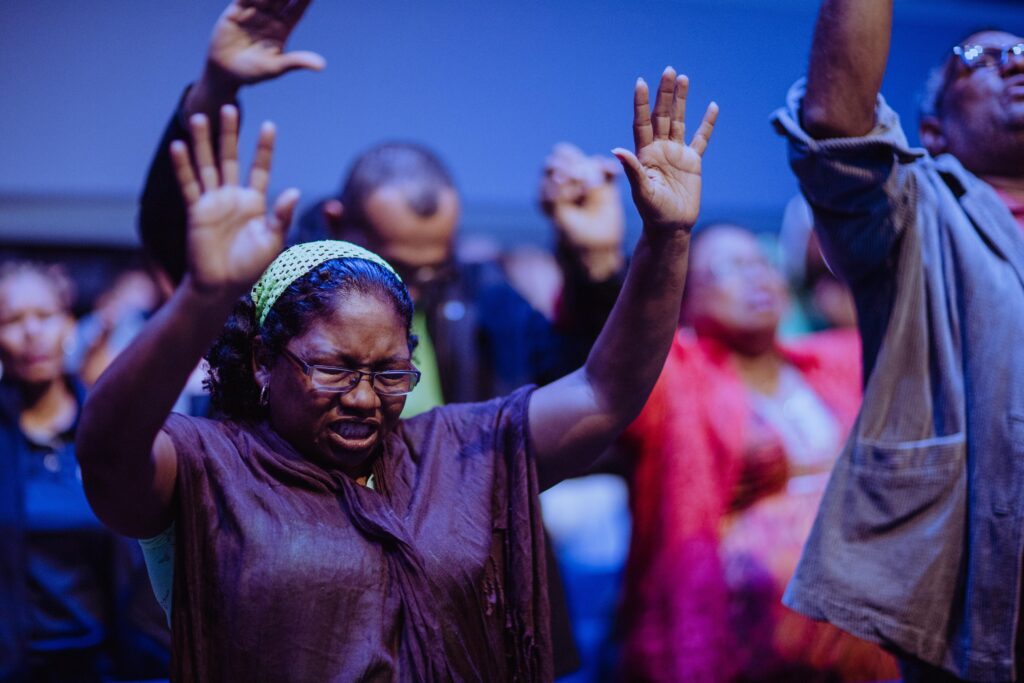
The Black community is heavily religious, with most members identifying as Christian. According to a report from the Pew Research Center, 66% of Black Americans identify as Christian, specifically Protestant.
Religion is a significant part of Black history and culture. And it’s also an important thing to consider when choosing a therapist, too.
Although religion plays a key role in the Black community, not everyone is religious. Studies show that more and more people are moving away from religion to embrace spiritualism or other beliefs instead. Because of this, it’s essential to work with a therapist who either shares your same spiritual beliefs.
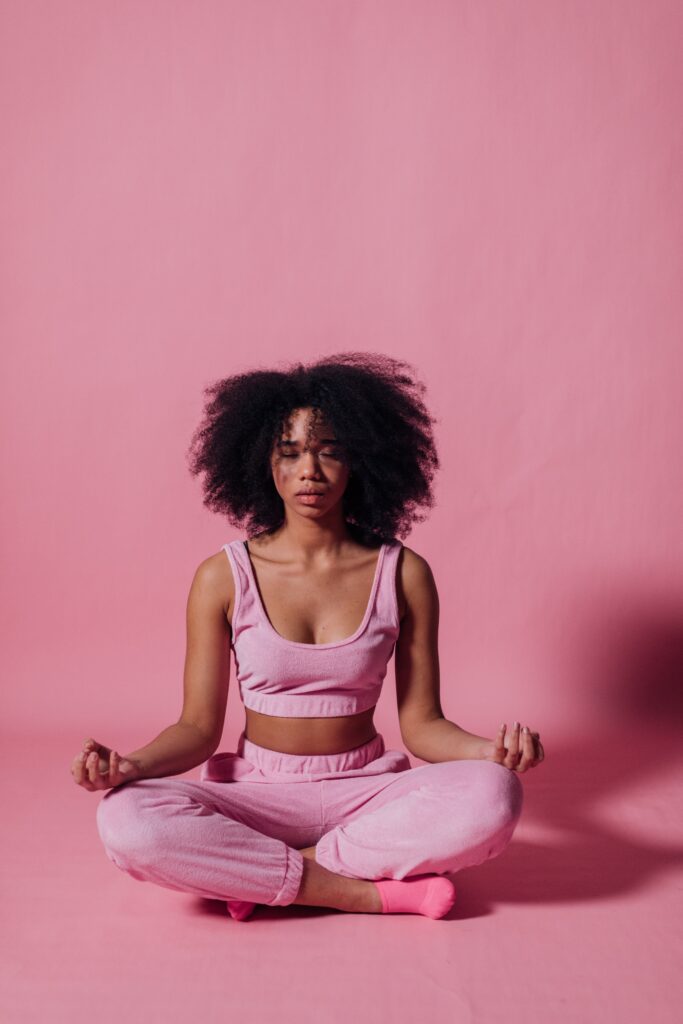
Many therapists use alternative approaches to healing, such as meditation or even hypnosis. And while this may be acceptable for someone who’s not religious, if you are, it might not be. Likewise, someone who’s agnostic may not feel comfortable with their therapist referencing common Biblical quotes or suggesting prayer as a form of meditation. It all depends on where you are in your spiritual journey, which your therapist should respect and uphold.
The Diaspora
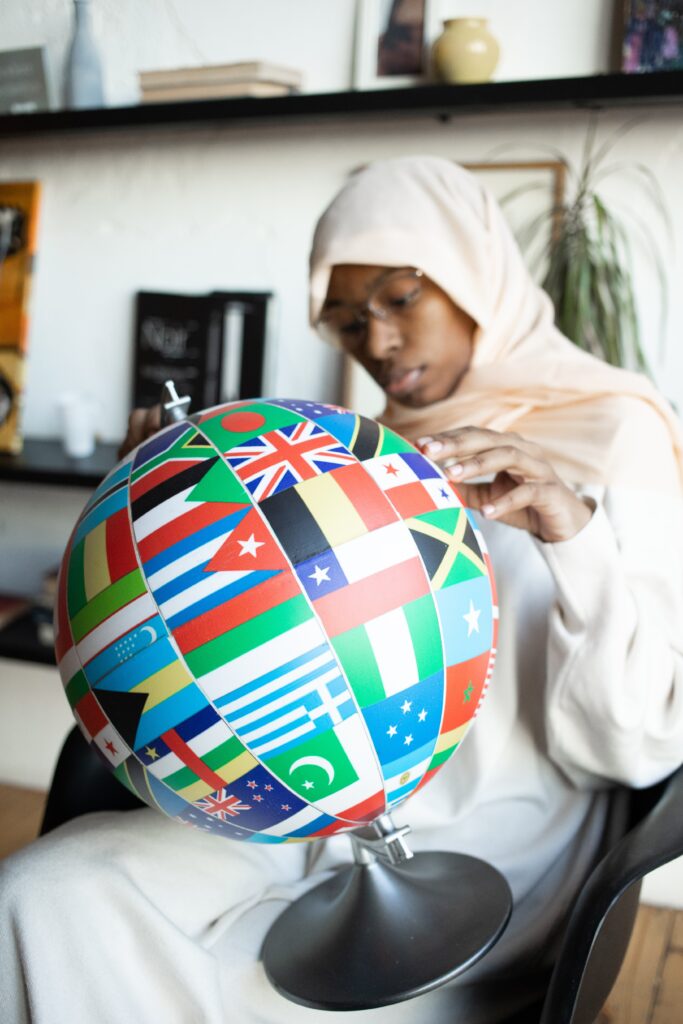
The Black community spans a number of continents and countries, including America. And even though we’d like to think we’re all the same, many of our cultures are different. One of the great things about the diaspora is that we can celebrate those differences that unite us.
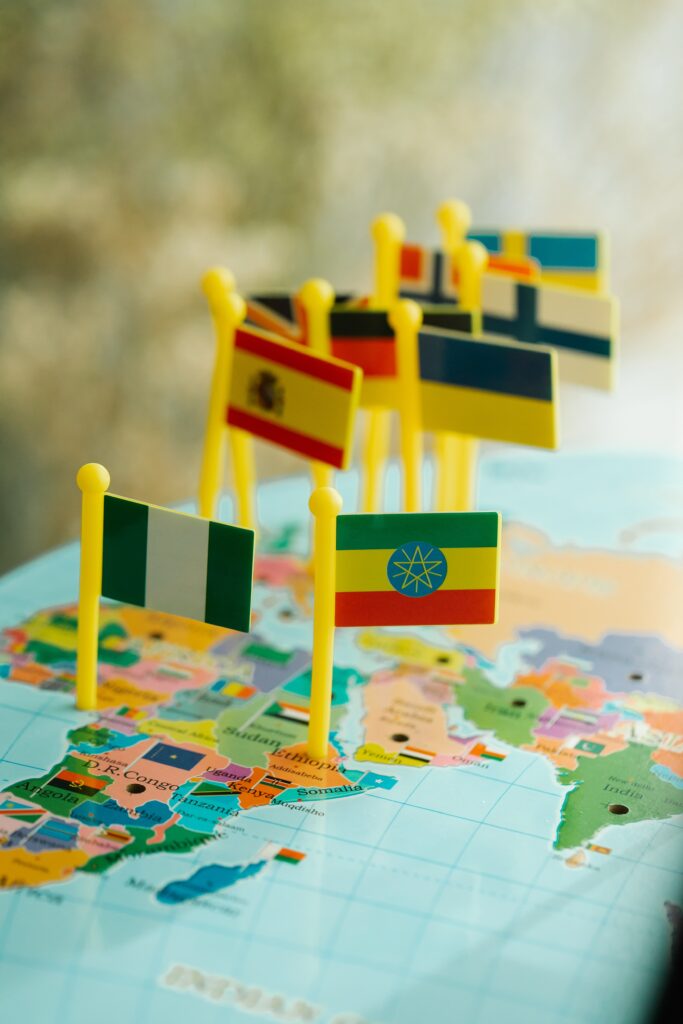
But when it comes to choosing a therapist, it may be a good idea to consider someone who shares a similar culture with you. Speaking with a licensed professional with an entirely different worldview can impact your mental health progress. They may offer strategies and suggestions that seem normal to them but that you may disagree with.
Finding a therapist who can identify with your cultural customs and beliefs can help you navigate your journey more easily.
